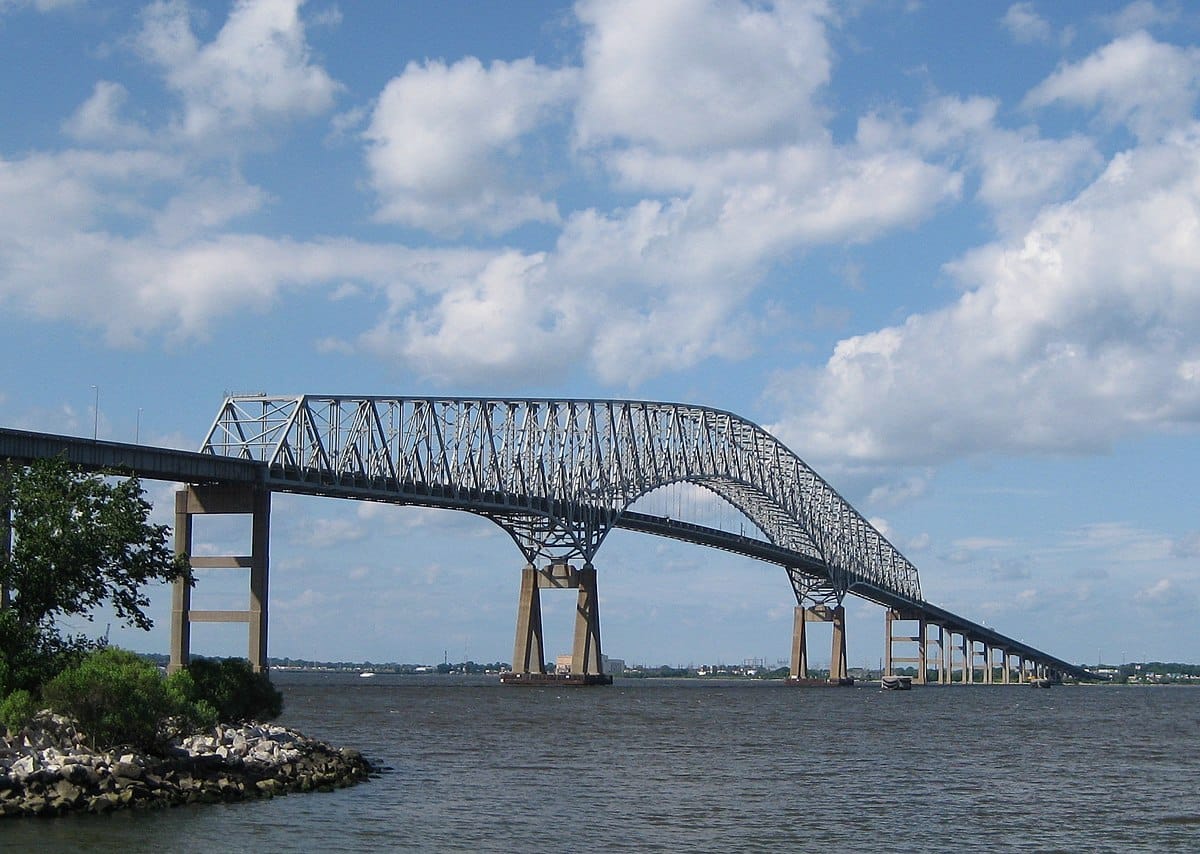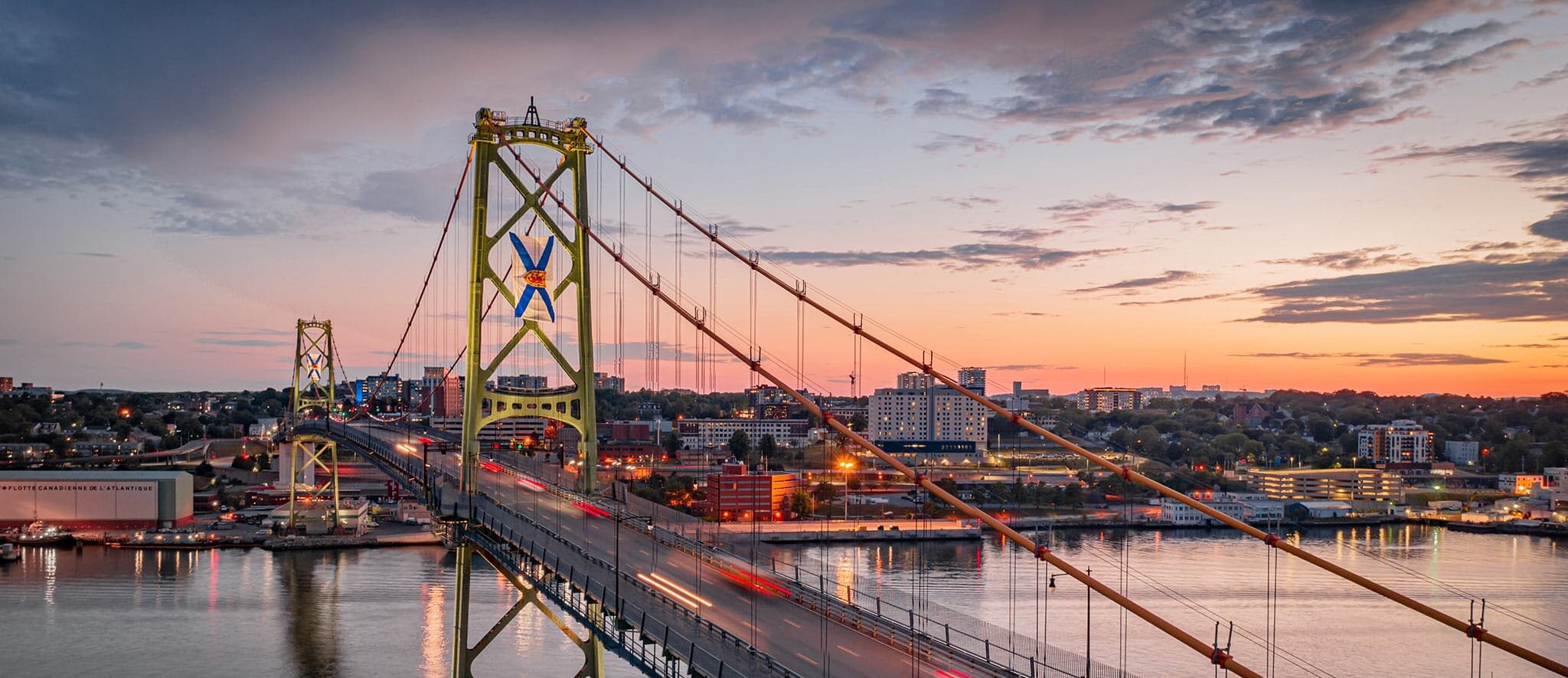HHB reacts to tragic collapse of Baltimore bridge
March 26, 2024

The Francis Scott Key Bridge in Baltimore, Md., collapsed early Tuesday morning after it was struck by a 948-foot cargo ship.
Video shows the entire 1.6 mile-long steel arch bridge falling into the Patapsco River, as the ship hits one of the bridge’s pillars.
The number of fatalities is unknown.
At this time, Halifax Harbour Bridges would like to extend our deepest condolences to the families and loved ones of those who may have lost their lives or been injured in this tragedy. Our thoughts are also with those who are involved in the search for survivors.
Halifax Harbour Bridges would like all Nova Scotians to know that we are committed to ensuring the safety and security of the A. Murray MacKay and Angus L. Macdonald bridges, and all those who use them.
A possible collision by a ship in our busy port is a risk that we have identified and one that is reviewed on an ongoing basis.
As a result, there are a number of procedures and policies in place to mitigate that risk.
HHB is notified every time a commercial ship passes under our bridges. HHB and the Halifax Port Authority have joint procedures that guide the passage of ships under our bridges. Bridge Patrol staff provide physical lookouts on the bridges as ships pass, and a complex series of cameras monitor and record the transit.
The air gap between the top of a passing cargo ship and the bridge decks are calculated prior to transit.
There are several emergency evacuation plans in place for the bridges. They are practised on a regular basis.
All bridge work crews are notified in advance when those large ships are passing under them.
A 1979 report recommended the construction of rock islands around the piers of the bridges to further protect the legs of the towers in the event that a ship lost its ability to navigate. That work was completed in 1983.
Ship Impact Assessment studies have indicated that HHB needs no further structural measures to mitigate risk.


